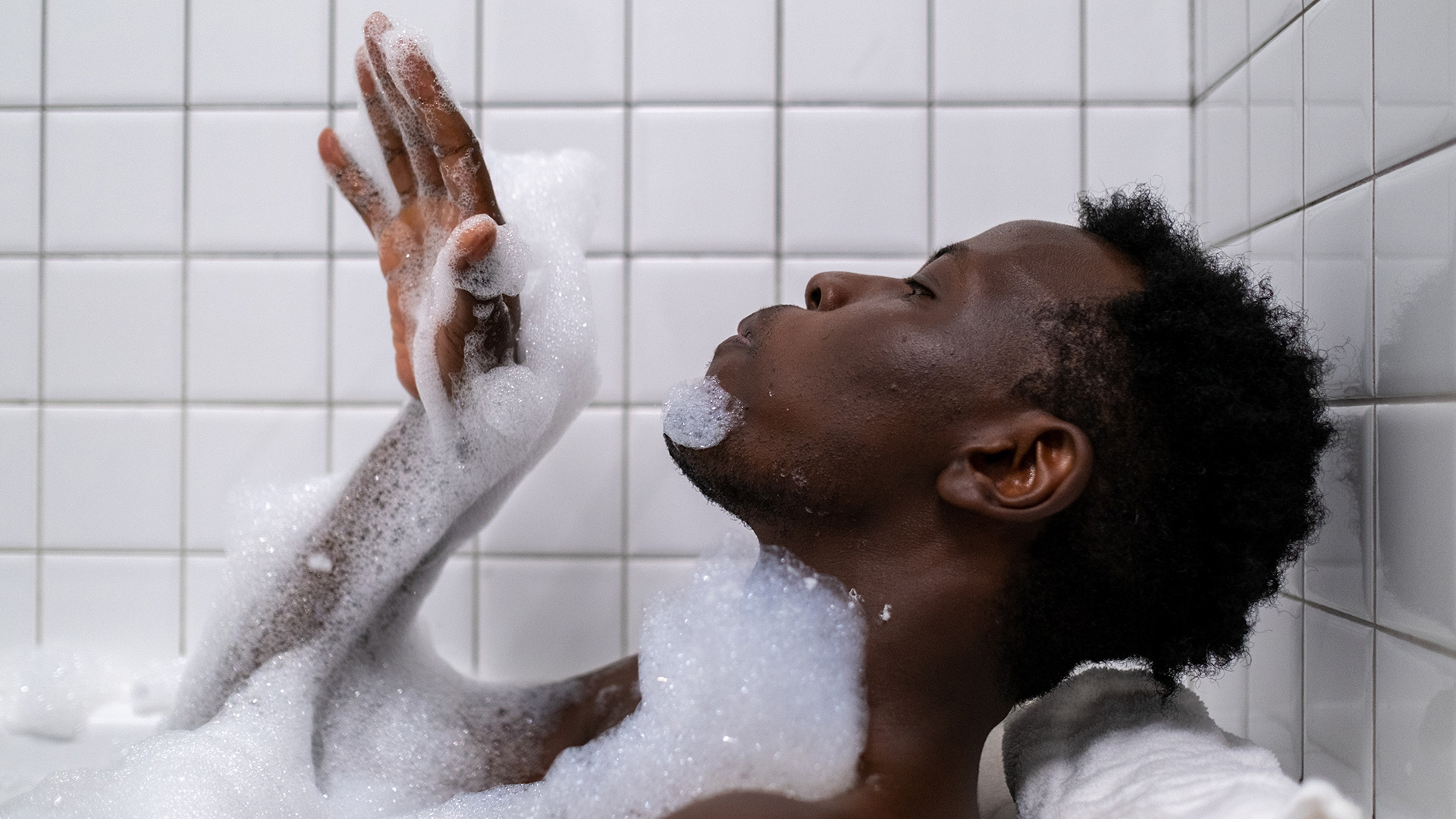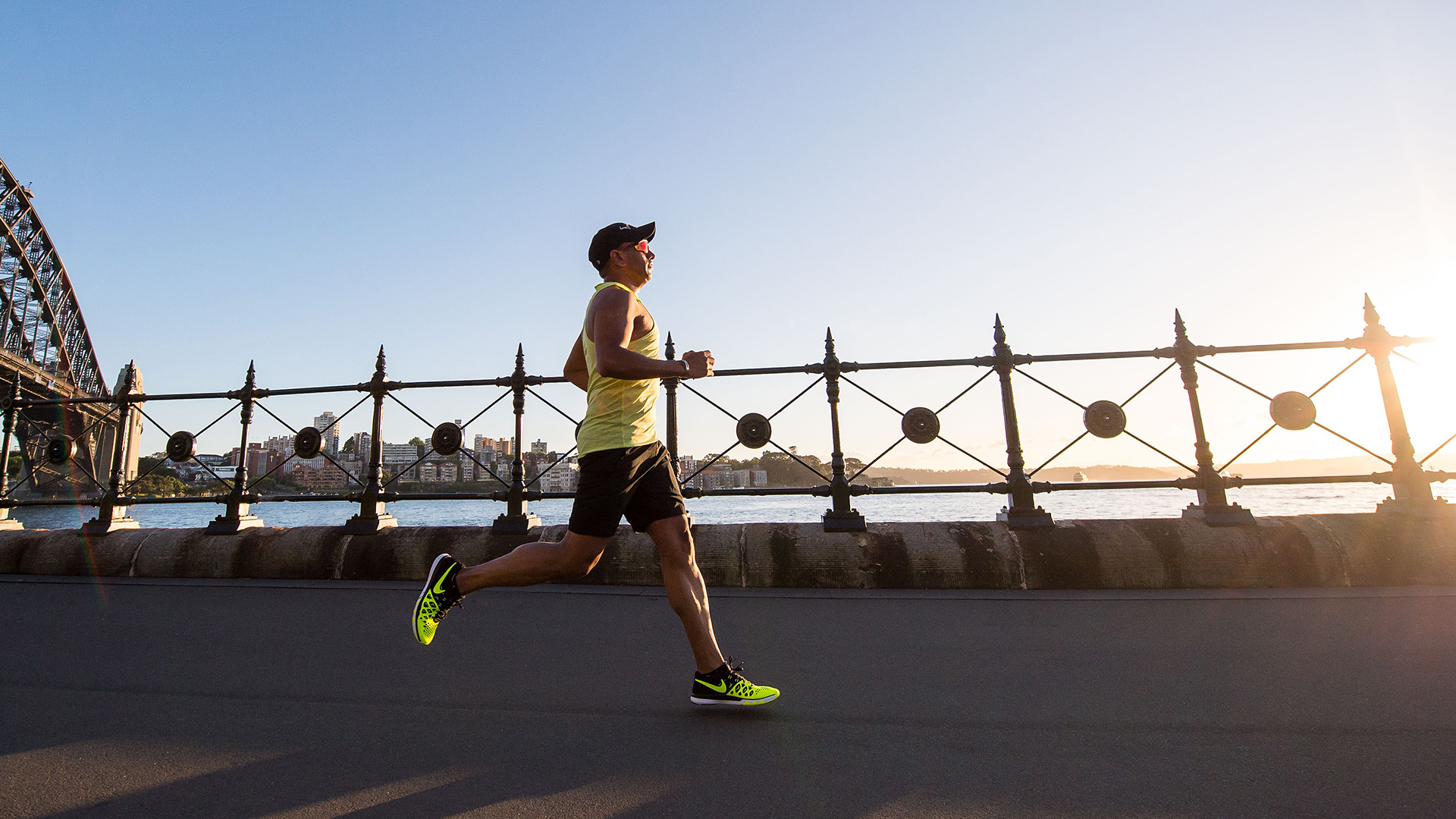New research says having a hot bath can improve physical fitness as efficiently as exercise
... but don't throw out your running shoes just yet


Get all the latest news, reviews, deals and buying guides on gorgeous tech, home and active products from the T3 experts
You are now subscribed
Your newsletter sign-up was successful
What if you could get all the health benefits of heading out for a long run, just by sitting in a nice hot bath for a while? Research has been hitting the headlines recently with news that the idea is not as far-fetched as it sounds.
Experts at the University of Coventry have conducted a study exploring the impact of exercise on the human body, and comparing it to the effects of hot baths or saunas, and have found – amazingly – that the two can bring about a lot of the same positive results. Not only can 'heat therapy' improve blood flow, lower your blood pressure, help control blood sugar and reduce inflammation, it can actually improve your fitness levels and tolerance for exercise.
We got in touch with Charles Steward, one of the PhD candidates at Coventry University responsible for the study, to see if it's too soon to chuck out our running shoes and start making preparations to plumb a hot tub into our back gardens instead.
- I scanned my face with ASICS' new app and found I was 5% calmer after my workout
- I test running shoes for a living and THESE are the shoes I wear most often
So first up, how exactly does it work? How can a hot bath possibly improve physical fitness? "The main similarities [between the body's response to heating and the body's response to exercise] include an increase in body temperature and the subsequent elevation in heart rate and blood flow," explains Charles. "It is currently unclear what underpins improvements in cardiorespiratory fitness through heat therapy. However, as heat therapy is potent at improving blood vessel health, we suspect that this has an important role to play. Other factors including cardiac and haematological adaptations may also contribute, but more research is required."
- Browse the best fitness trackers
- ... and the best trail running shoes
Not just any old bath will do the trick. While Charles emphasises that finding the 'ideal dose' of passive heating to reap the magical health rewards is "likely to be very complex and highly reliant on the type, duration, and temperature", research so far suggests that you'd want to be sitting up to your shoulders in water of around 40C (104F) for an hour to gain some of the benefits. That means you're better off in a hot tub, where the temperature can be controlled, than a bath, which will cool relatively quickly.
"In the real world, the key is to find the correct balance between a heating stimulus that is tolerable/enjoyable and capable of improving health," he adds. After all, to see the benefits of any health strategy, you need to able to stick to it in the long term. And sweating your face off in a boiling hot bath probably might in fact be less appealing than going for a jog, or cutting down on biscuits.

There are, of course, limitations to this approach. Passive heating is unlikely to help you lose weight or build muscle, for instance. "Exercise is the preferred the option to improve general health and heat therapy shouldn't be considered as a substitute for exercise," emphasises Charles.
Get all the latest news, reviews, deals and buying guides on gorgeous tech, home and active products from the T3 experts
That said, there are situations where it has massive potential. For those who physically can't exercise, perhaps due to age, disability or a chronic condition, for instance. Or, Charles suggests, as a "potential 'gateway therapy'" to physical exercise further down the line, for people who are currently unable exercise due to poor fitness levels or pain.

Ruth was T3's Outdoors and Wellness Editor from 2020 to 2022, covering hiking, camping and adventure sports kit, as well as mattresses, sleep accessories, yoga and general wellness. She's now a Homes Editor at sister site TechRadar, where she deals in all things air (vacuum cleaners, robovacs, fans and air purifiers), and hair (hair dryers, straighteners and stylers).